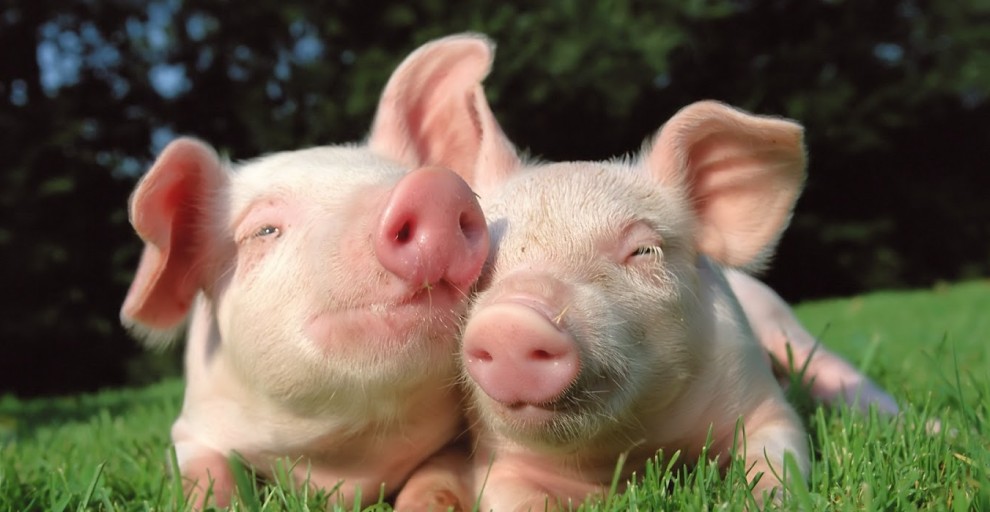ETHICS
The topic of Xenotransplantation demands both human and non-human consideration
Ethical concern is important with respect to any considerations of the use of animals, especially their role in biotechnology. From the very point of view of society in general, the potential harms that surround the issue must be outweighed by the benefits in order to be considered moral or ethical. Of course this is easier said than done. In order to be able to accurately assess an issue on the basis of ethics, following this cost vs. benefit ratio, the following is required:
- Pre-clinical research must be advanced to the degree which it is scientifically sound to entertain clinical trials
- Prospective patients must be provided the ability to express informed consent
Harvesting organs from pigs has been a large focus of scientific research over the past decade or so in regards to this issue, largely because of the public’s acceptance of the killing of pigs, as well as the physiological similarities between pigs and humans. Organs from chimps and baboons, however, are now avidly avoided due to the concern for human well-being (largely HIV and other potential retroviruses), as well as the ethical and moral issues surrounding their sentience (being that they are the closest relatives to human-beings). The idea here being that there is a moral issue that many individuals in the general public struggle with when it comes to experimentation on an animal which is human-like. Further, the transplantation of baboon livers as well as kidneys from chimps into humans has resulted in deaths not associated with organ failure.
Animal Rights, Sentience & Consideration of Natural Living
In depth research suggests that pain is perceived in very much the same way by all vertebrates, however, even more pressing than an instant of instantaneous pain is suffering. Suffering itself implies self-awareness by animals as individuals, something that many in the scientific community agree upon, and in growing numbers. Therefore, there has become an increasing realization of the complexity of the lives of animals.
Animals held in captivity can experience many things from fear and boredom to isolation and separation. As such, any time an animal is held in captivity, there is the potential for suffering, not to mention the lack of natural living environments. Pigs for instance, like many other animals, benefit from the natural acts of foraging and entertaining activities such as rolling around in mud to satisfy physiological constraints. Given their social nature, individual confinement (which is often the case in experimental settings) further establishes the disconnect from the animals’ natural state of living.
ECONOMICS
Ultimately, like everything else, the motivation towards the refinement of and large-scale practice of xenotransplantation is driven solely by simple economics; supply and demand. According to UNOS (the United Network for Organ Sharing), there were over 107,000 Americans waiting for organ transplants in 2010.
Making reference to the alternatives to xenotransplantation and what can be done to ensure that demand decreases, 40% of the listed candidates for organ donations in 2009 were less than 50 years of age. Again, this stresses the high demand for organs, but even more so identifies the underlying problem, which in essence is the individuals’ disregard for the preservation of health by failing to correct the vices and lifestyles which ultimately resulted in the need for transplantation in the first place.
Because Transplant committees simply do not have enough organs to keep up with the ever-growing demand, research on the subject of xenotransplantation is not likely to cease based purely from an economic point of view. Because demand at the moment grossly outweighs the supply, xenotransplantation is undoubtedly a prospectively large money making business. Estimates suggest between $10-50,000/organ on top of the transplant surgery which can be to the tune of $500,000.
